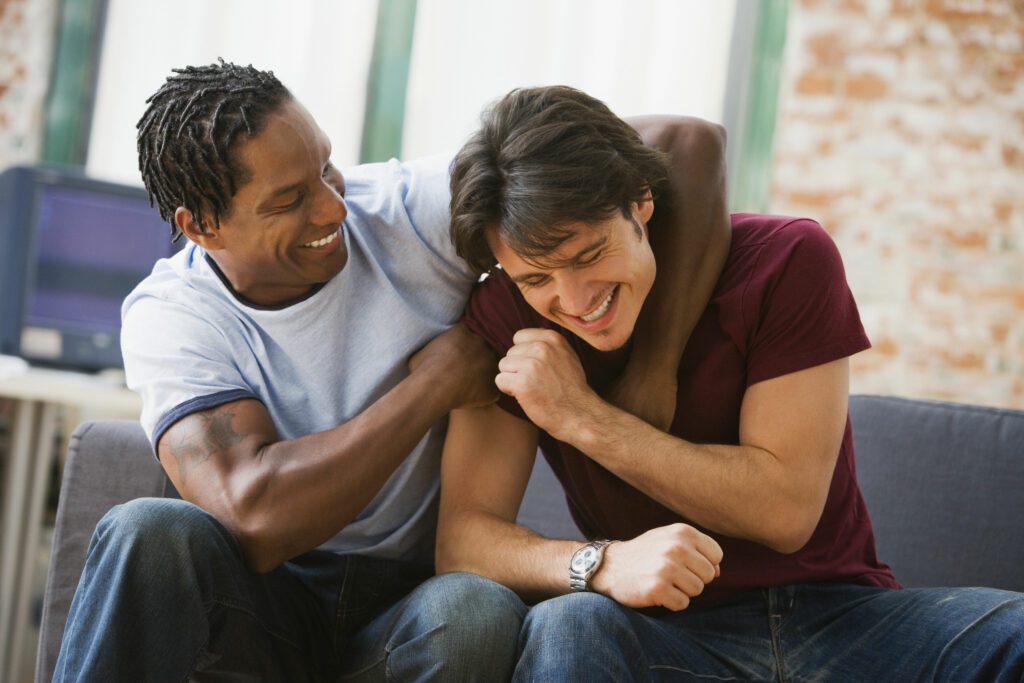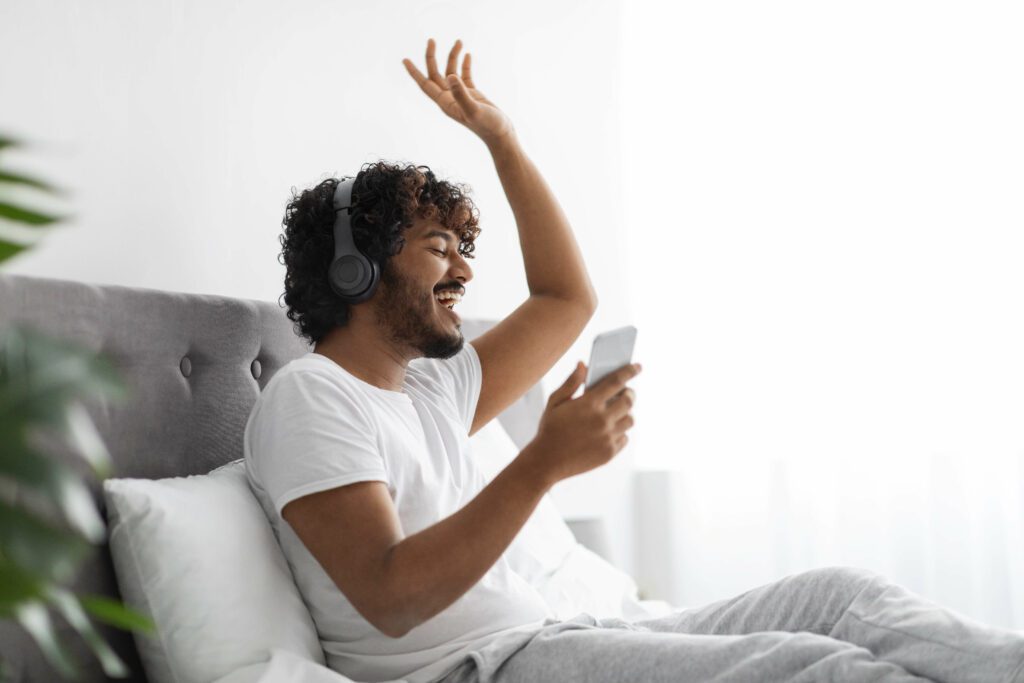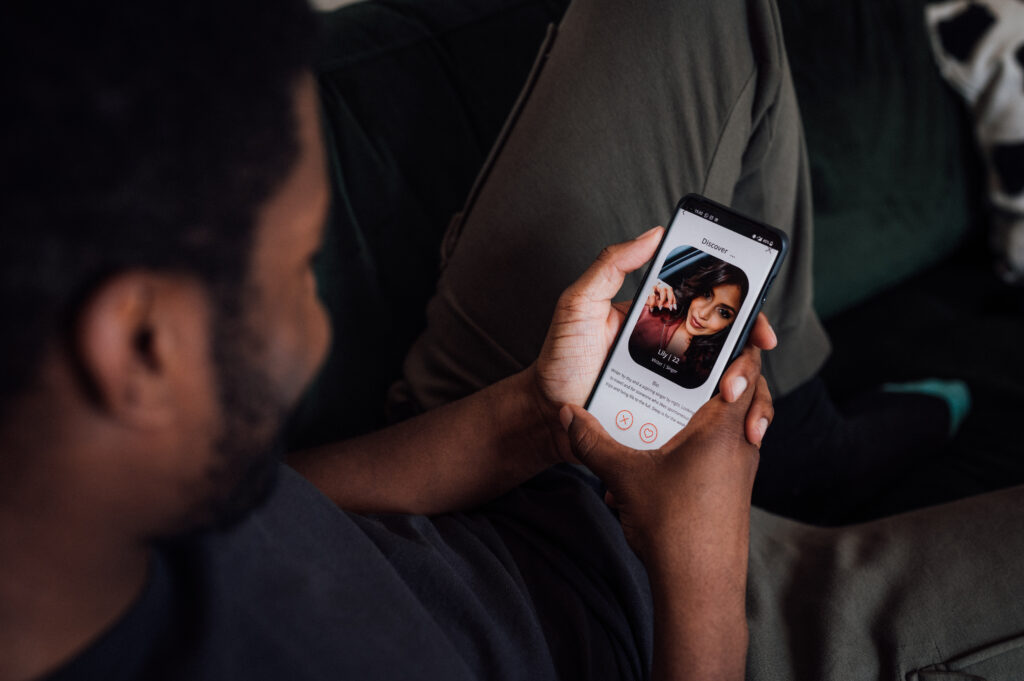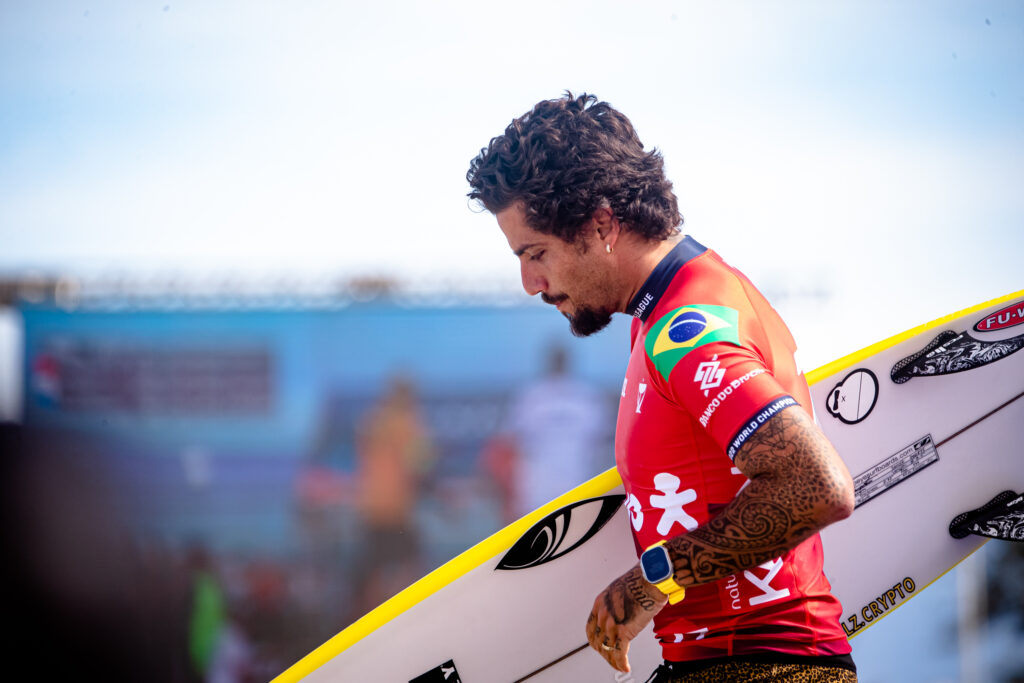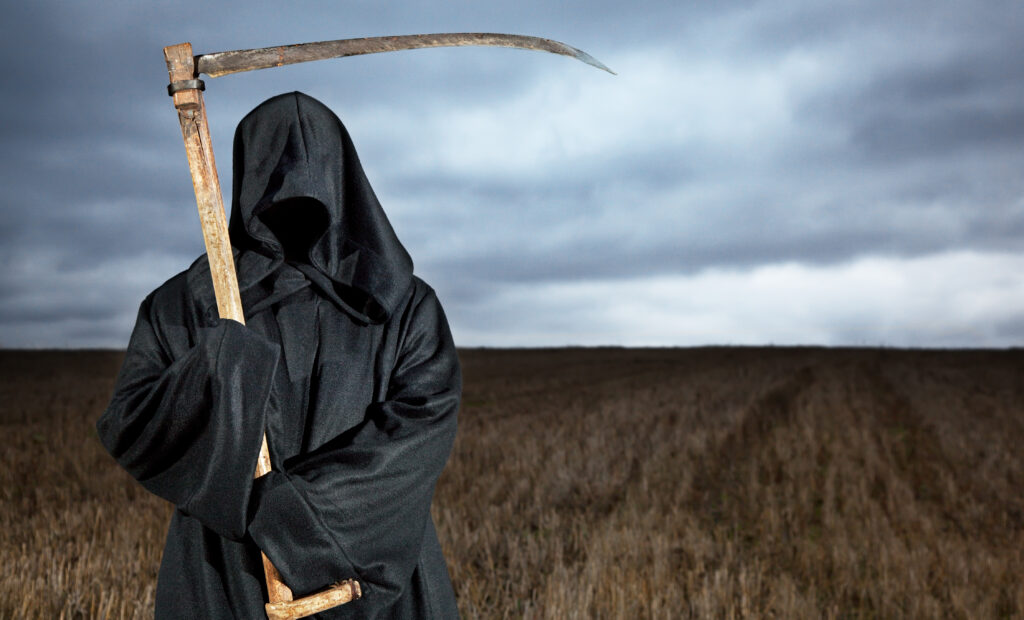Jordan struggled with poor mental health on and off for over ten years, since he was about fourteen. “Usually at least once a year I have a period of intense depression, sometimes brought on by life events, other times they seem to appear out of thin air. Usually I don’t realise how bad these episodes are until I’m back on the other side of one.”
And when he does notice that it’s getting bad, it’s usually affecting those around him too, the Melbourne-local explains. “…I’m able to look inwards and acknowledge that something has to change. It’s one thing to suffer in silence and deal with the struggle of depression on one’s own, but when it starts to seep into relationships, and affecting those I love, that’s usually a good sign that something needs to change.”
Jordan’s situation certainly isn’t a unique one – in Australia, one in seven men experience depression or anxiety or both in any year. What’s worse, is that on average, seven men die by suicide every day in Australia – three times more likely to do so than women.
It’s this statistic that saw men’s online health platform Mosh create an option for men who are struggling with their mental health to find easy, reliable help.
Mosh offers users the ability to chat to a trusted, Australian registered psychologist 100% online, from the comfort of their own home. With Mosh, psychologist consults are priced well below the government recommended rate to make it more affordable for people and bulk billing is also an option for those who have the GP referral and a Mental Health Care Plan.
“Since Covid-19, we have seen even higher rates of mental health issues in the context of unemployment, work and family stress, isolation and loneliness, and increased uncertainty,” explains Psychologist Rachel Cohen. “Seeking help is actually increasing, but men are still about a third as likely as women to reach out for support. “
So what is it about Australian men that make them so less likely to access help when they need it? According to Dr Cohen, it can be linked to traditional masculine gender norms that say that men should be strong and stoic, and that talking about your issues or seeking help is a sign of weakness. “The ‘man up,’ and ‘she’ll be right’ mentality,” she adds. “We know from lots of research, that conforming to these masculine stereotypes has really negative impacts on men’s help-seeking behaviours and how they manage their mental health.”
Luckily for Jordan, he is one of the rare cases where support was sought, but for him, it wasn’t that he couldn’t find help – it was that he couldn’t find the right help. “I have sought help before, a handful of times, but wasn’t able to find the right practitioner, whether a counsellor or psychologist, who I felt comfortable enough to open up to. It’s a bit like dating; sometimes you have to go on a few bad dates before you find the right person, but when you do it is really wonderful. Using tele and video health over the COVID period was actually really beneficial in being able to “shop around” a little when it came to finding the right psych,” Jordan explains.
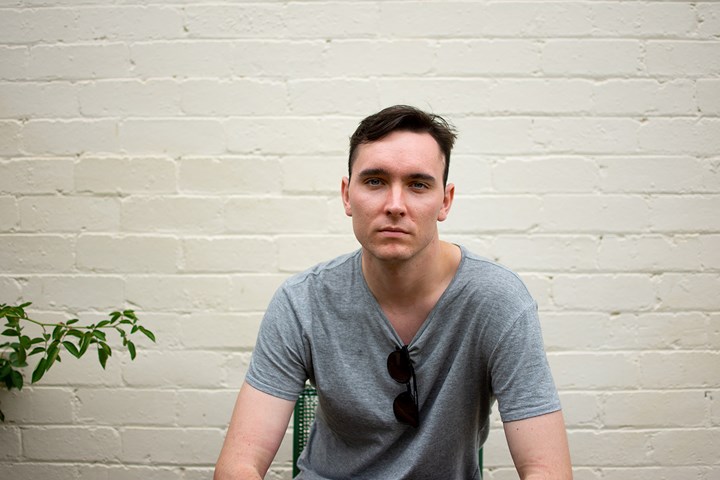
“More recently, we have seen an increase in men seeking help, which is amazing,” adds Dr Cohen. “This may be due to more men speaking up about their own mental health struggles personally, in the media and on social media, normalising it and breaking down the traditional masculine stereotypes and associated stigma. There’s a more nuanced narrative to masculinity developing now that celebrates vulnerability – that it’s actually a sign of strength to open up about one’s struggles and reach out for support.”
Telehealth – the ability to reach out to a medical professional via phone online – has almost become the new norm when it comes to GP check-ins. It’s often more comfortable than a face-to-face consultation, and makes sense for issues like mental health.
This sentiment is something that Jordan came to understand through his research, and something that led him to men’s health website Mosh.
“It can be intimidating to go to a clinic, sit in a waiting room with strangers and meet with someone face to face,” explains Dr Cohen. “The appeal of Mosh‘s tele-health offering is that men can access expert mental health support from the comfort of their own home, or while they’re on a walk. It can make them feel more comfortable to open up, develop rapport with their psychologist and engage effectively in treatment.”
“Anecdotally, I have seen a lot more men engaging in psychological treatment through Mosh, who will acknowledge that they previously felt shame in seeking support but now recognise the importance and are pushing through the discomfort to do what’s best for themselves and their loved ones.”
Through his use of Mosh, Jordan is doing better, and he wants other men to know that seeking professional help doesn’t have to be as daunting as it can seem.
“One of my own hang-ups had always been that if a friend or partner told me about their own poor mental health, I would be very understanding and supportive, but somehow when it came to my own struggles, I had different standards. I am a very outgoing, outwardly confident person, but somehow I thought that by revealing my mental health struggles to my friends, their perception of me would change. It’s actually been the opposite. Seeing me be open about my struggles and taking control of my mental health has had a positive influence on my friends who were feeling the same way,” he explains. “[My advice to others is] be patient. These things take time, sometimes longer than comfortable. But finding the right way to look after your mental health is worth it. And if you don’t feel like it’s worth it for you, then do it for your friends, for your family – heck, do it for me! It’s never too late, the best time to take the first step is right now.”
If you or anyone you know is struggling with mental health, help is available. Head to getmosh.com.au/mental-health for more information.










